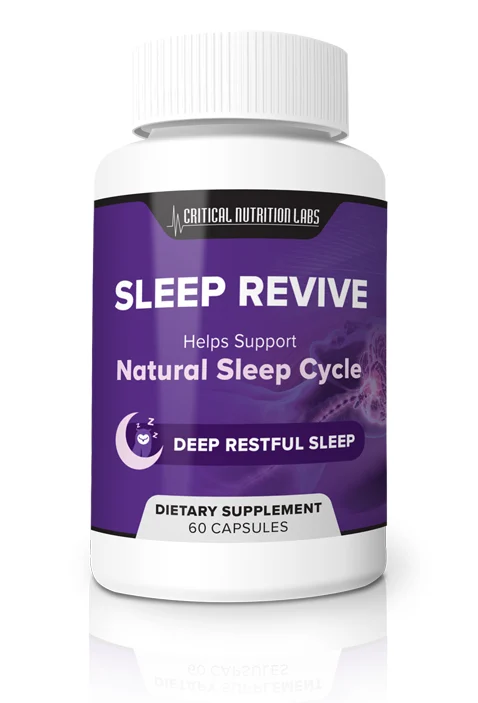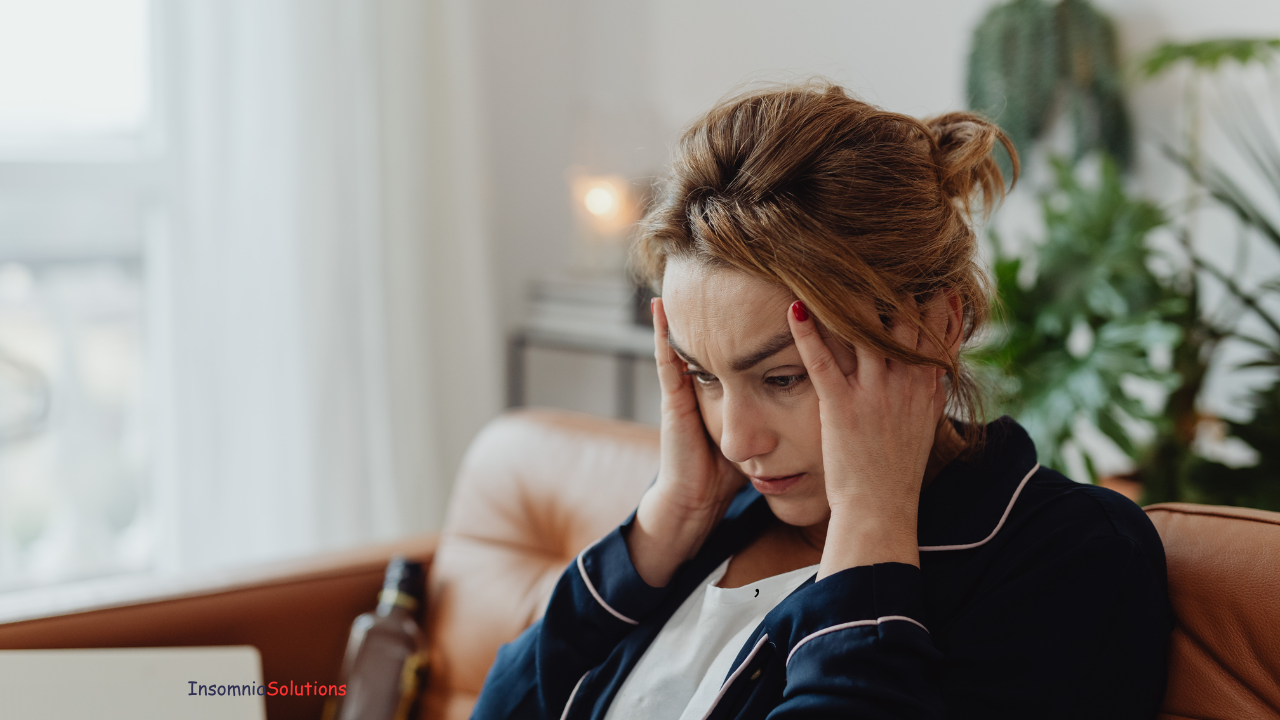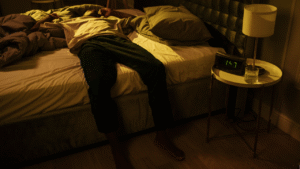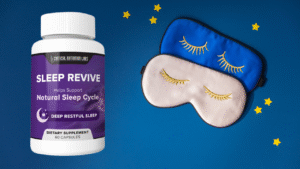Understanding Sleep Disorders: Types, Symptoms, and Treatments
Struggling with poor sleep? Learn about common sleep disorders, their symptoms, and effective treatments to reclaim restful nights.
Introduction
Sleep is essential for physical health, mental clarity, and emotional well-being. Yet, millions suffer from sleep disorders—conditions that disrupt normal sleep patterns and leave them exhausted. If you frequently struggle to fall asleep, stay asleep, or wake up feeling unrested, you may have an undiagnosed sleep disorder.
This guide explores the most common sleep disorders, their symptoms, and science-backed treatments to help you find relief.
Common Types of Sleep Disorders
1. Insomnia
What it is: Difficulty falling or staying asleep, despite having the opportunity to rest.
Symptoms:
- Lying awake for hours at night
- Waking up too early
- Daytime fatigue, irritability, or poor concentration
Causes: Stress, anxiety, poor sleep habits, or medical conditions.

2. Sleep Apnea
What it is: A serious disorder where breathing repeatedly stops and starts during sleep.
Symptoms:
- Loud snoring
- Gasping or choking at night
- Morning headaches
- Excessive daytime sleepiness
Types: - Obstructive Sleep Apnea (OSA): Throat muscles relax and block airflow.
- Central Sleep Apnea (CSA): The brain fails to signal breathing muscles.
Read More: Insomnia Solutions: Effective Ways to Overcome Sleepless Nights
3. Restless Legs Syndrome (RLS)
What it is: An uncontrollable urge to move the legs, usually at night.
Symptoms:
- Tingling, itching, or crawling sensations in the legs
- Temporary relief with movement
- Disrupted sleep and daytime fatigue
Causes: Genetics, iron deficiency, or nerve issues.
4. Narcolepsy
What it is: A neurological disorder that affects sleep-wake cycles.
Symptoms:
- Sudden, uncontrollable sleep attacks
- Sleep paralysis (unable to move upon waking)
- Hallucinations when falling asleep or waking
Cause: Low levels of hypocretin, a brain chemical that regulates wakefulness.
5. Circadian Rhythm Disorders
What it is: Misalignment between the body’s internal clock and external environment.
Types:
- Delayed Sleep Phase Disorder (Night Owls)
- Shift Work Sleep Disorder (Irregular schedules disrupt sleep)
Symptoms: - Difficulty falling asleep at a “normal” time
- Excessive sleepiness during work or social hours
How Are Sleep Disorders Diagnosed?
If you suspect a sleep disorder, consult a sleep specialist. Diagnosis may include:
✔ Sleep Diary: Tracking sleep patterns for 1-2 weeks.
✔ Polysomnography (Sleep Study): Overnight monitoring of brain waves, oxygen levels, and heart rate.
✔ Home Sleep Apnea Test: For suspected sleep apnea.

Effective Treatments for Sleep Disorders
1. Lifestyle Changes
- Insomnia: Cognitive Behavioral Therapy (CBT-I), relaxation techniques.
- Sleep Apnea: Weight loss, avoiding alcohol, CPAP machine.
- RLS: Iron supplements, stretching, massage.
2. Medical Treatments
- Prescription Medications: Sleep aids, stimulants (for narcolepsy), dopamine agonists (for RLS).
- CPAP/BiPAP Therapy: For sleep apnea patients.
- Light Therapy: For circadian rhythm disorders.

3. Alternative Therapies
- Acupuncture (for insomnia and RLS)
- Melatonin Supplements (for jet lag or delayed sleep phase)
- Weighted Blankets (for anxiety-related sleep issues)
When to Seek Help
If poor sleep affects your daily life—causing exhaustion, mood swings, or poor performance—consult a doctor. Untreated sleep disorders increase the risk of:
✔ Heart disease
✔ Diabetes
✔ Depression
👉 Struggling with sleep? Take the first step toward better rest with expert-backed solutions.
Final Thoughts
Sleep disorders are more than just “bad nights”—they can severely impact health and quality of life. Recognizing the symptoms and seeking treatment is crucial. Whether it’s insomnia, sleep apnea, or RLS, solutions exist to help you sleep soundly again.
Ready to improve your sleep? Explore proven strategies tailored to your needs.



